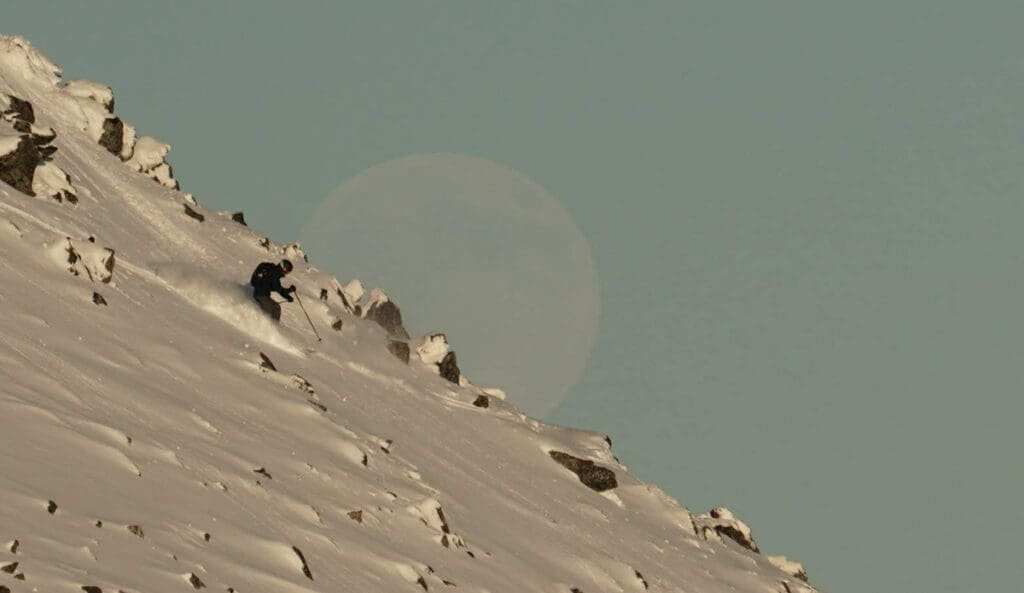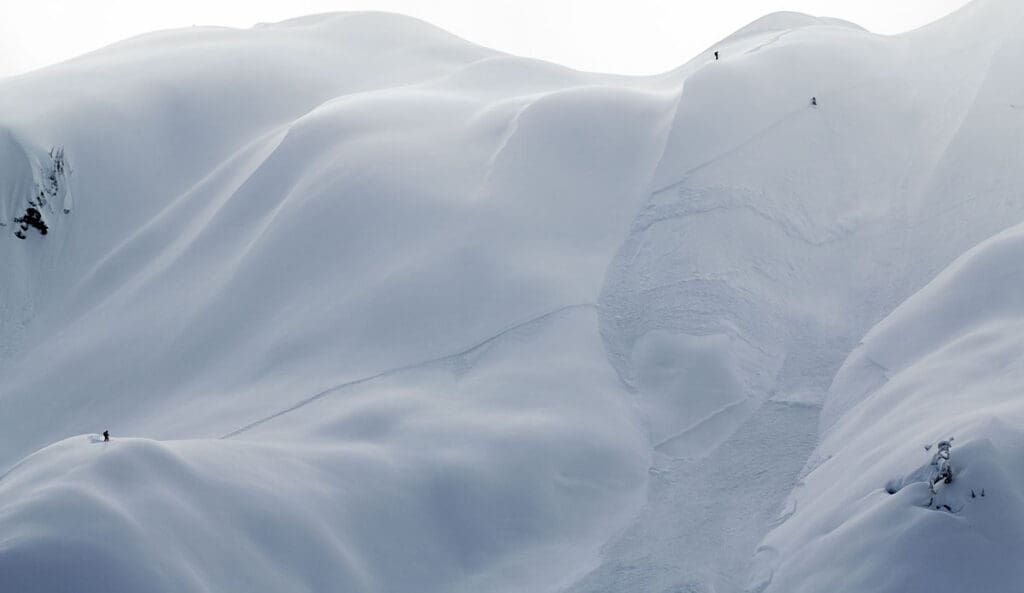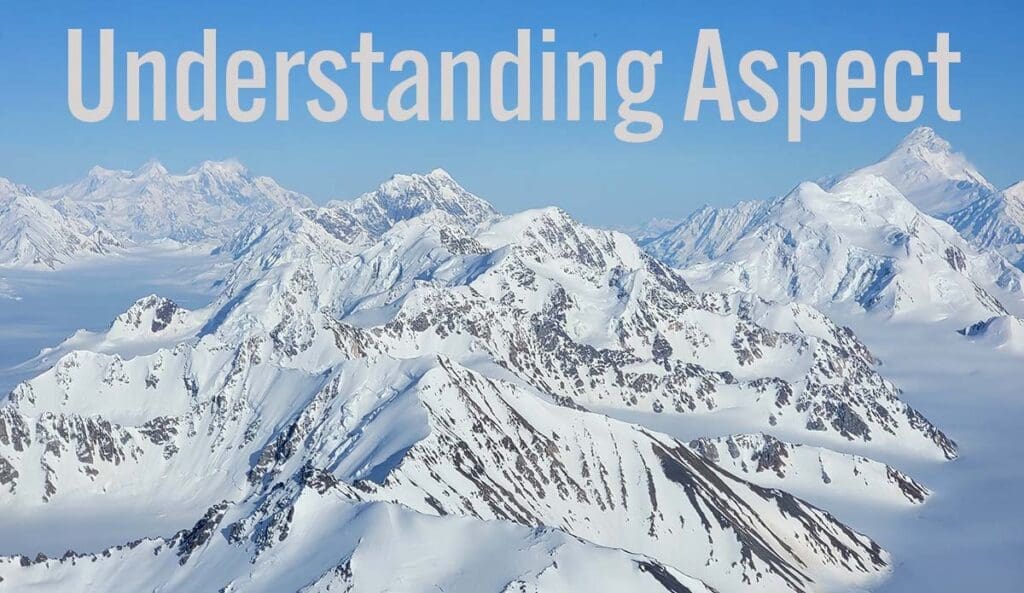You usually don’t notice the impermanence of good snow until it’s gone.
I say this as the rain deluges the Pacific Coast here in British Columbia, where the final patches of snow wash away after two weeks of a rare treat: champagne powder at sea level.
The west coast endured a three-day blast of arctic air that met a sizeable low pressure system, moving a solid dump of snow onto land. That part isn’t too abnormal. But for it to stay cold and remain sunny with good quality snow, for that long, was a rare treat that is only getting more rare each year we move forward in time.
For those who were able to enjoy it, there’s a high chance it was the best two weeks of backcountry skiing and snowboarding in BC for the 2025 season. For those who missed it: I hope you have a good excuse, because now it’s gone.
And thus, we have to embrace impermanence in not just backcountry sports, but anywhere that Mother Nature calls the shots. For those who do, they attune themselves to a more natural rhythm and flow than as to follow the human-devised clock and calendar. Rigid schedules are not how nature quantifies time, and being that we are products of nature, neither should we. Yet modern society conditions us to not question it, and accept our rigid constructs of time as simply the way things are.
What is Temporality?
Temporality is the study of how we experience time. This is an aspect of most human philosophies, whether or not we are conscious of it. By beginning to think about our definitions and interpretations of time, we can build a better understanding of both individual and collective human behaviour.
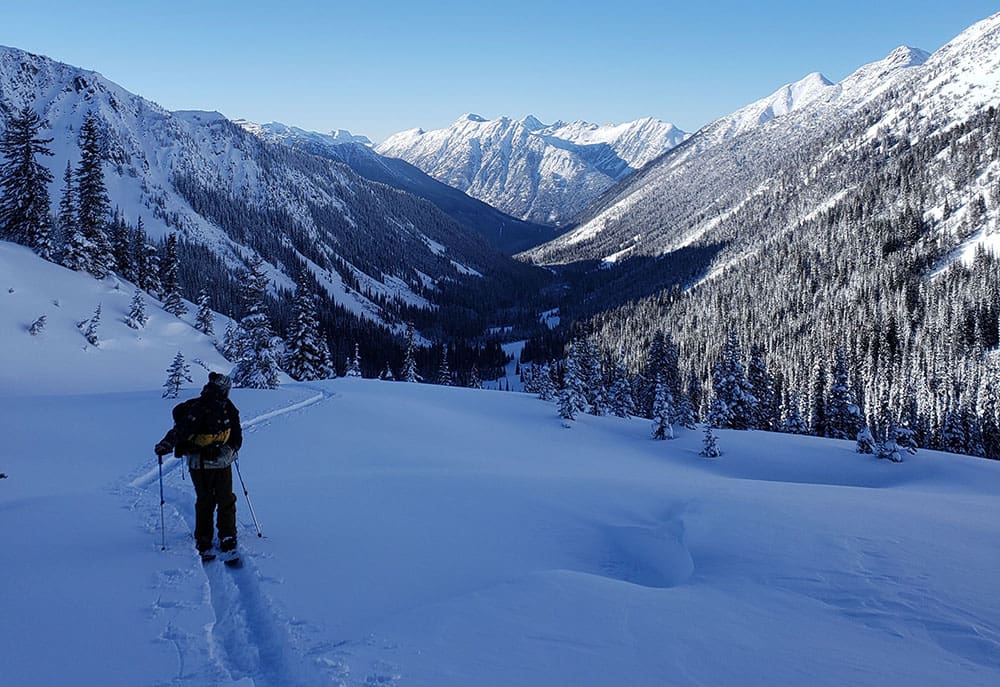
Different ways to experience time
When most people speak about time, they usually refer to either Chronos or Kairos, as defined by the greeks.
- Chronos, or linear time, is the directional sense of measured time that is generally how most of us define it, with whatever measured time being a specific point on a timeline that you can zoom in and out of.
- Kairos, or experiential time, is what is considered the opportune moment. It’s not something that one can perfectly plan, although one can recognize signs for when it might happen. It is a qualitative measurement, not quantitative.
To experience Kairos in the backcountry is having that optimal moment that we seek: Heart pumping, peak energy, a beautiful sight in front of your eyes… and a seemingly endless powder run that puts you into the elusive state of flow. That is what the ancients called a kairotic moment. It’s not something you can plan for, but rather one can prepare to the best of their ability. Then, when all the pieces do fall into place at one particular point in time (whether that be for a single run or a weeklong run of good weather), you are there at that point in space and time to reap the rewards of preparing.
Snow, Weather, and Backcountry Conditions
Those opportune moments are becoming more difficult to predict with a changing climate. So, being a good student of temporality will help optimize the ability to chase those special moments with more mindfulness and understanding.
A big portion of the population is stuck to the Gregorian calendar, many without questioning why we adhere to it. Obviously, it helps society function more effectively, but we are still conditioned to spend 5/7 of the week working and 2/7 recreating. With a rapidly changing work environment, as well as automation and AI making the day-to-day easier, perhaps we can collectively choose to not be so rigid in our scheduling.
Doing so would open up the opportunities for capturing those fleeting moments more simply. Indeed, it could be seen as a different measure of wealth to have the luxury to plan your schedule for a mid-week sunny pow day. For many of us here at Alpine Islands, we have literally shaped our lives to be more opportunistic and not rely on a strict work schedule simply for that luxury.
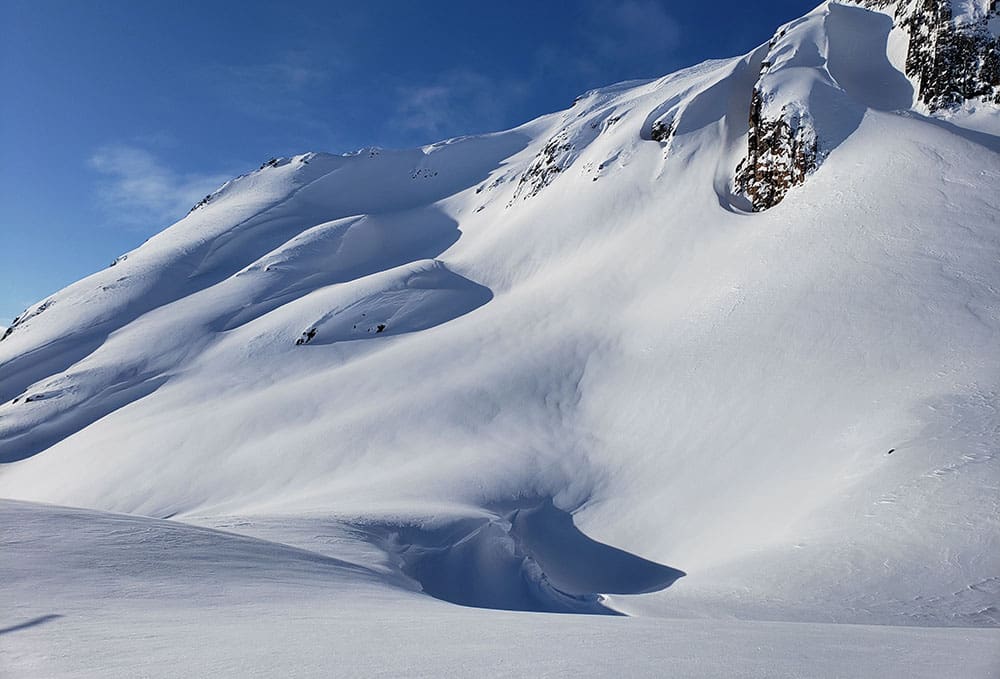
Why Embracing Natural Time Makes Us Better Backcountry Riders
Aside from the massive benefits that come with feelings of pure ecstasy and bliss, the understanding of time’s fleeting nature does wonders for helping you become a more well-rounded human. A few of those reasons are:
Temporality Helps You Become Patient
We all have heard it, but patience is a virtue. How many of us actually live that wisdom is another story, or at least all the time. True masters have learned to harness patience and practice in their daily lives. Understanding that the moment will come, but it cannot be forced, is a life skill that goes far beyond the backcountry slopes. But having real hazards preventing you from riding a certain slope on a certain day makes it all the more real. The good news is, though, that eventually, everything will line up. Then, the question is whether or not you will be ready to get there.
On bigger lines and objectives, this can extend beyond the season. Many big mountain snowboarders and skiers have planned certain lines and routes for years. Certain conditions year-to-year might make a zone unsafe; and so you need to wait years for everything to line up properly. This exact scenario just happened recently when Christina Lustenberger and Guillaume Pierrel conquered the south face of Mt. Robson, which had to line up perfectly to properly happen.
Temporality Helps You Become Aware
Being able to identify those ideal moments brings forth a sense of awareness that doesn’t occur when you’re simply “Going through the motions”. Being present is a necessary skill in the backcountry. It’s simple: A lack of presence could lead to death. So for those who are serious about coming home afterward, careful awareness of the surroundings is paramount to success.
Awareness of all the conditions also means awareness of time. Knowing how much daylight you have left, or how many minutes until a storm on the horizon will be here, are all important skills for being a good mountain athlete. Conquer those skills, and you’ll be well on your way.
Temporality Helps You Let Go
Time’s impermanence helps you gain a better understanding of our lack of control in the world. By learning to let go, we open our minds and being to the next opportunity. This is a skill that doesn’t come easy for most, especially in the west, where we have been conditioned to take packaged experiences with an element of predictability. If we instead realize that time is a constant current, ever flowing, we might be more apt to not hang onto moments that we just missed, or “could have been”
It’s not an easy skill to develop, but like anything, gets easier with practice. And riding in the backcountry is one of the finest ways to develop that skill. There are probably more situations where everything doesn’t line up and you have to call it off than situations where it all falls into place. So by leaning into that skill, there is a sense of Taoist understanding that moments come and go, and if you miss one, another one is just around the corner.
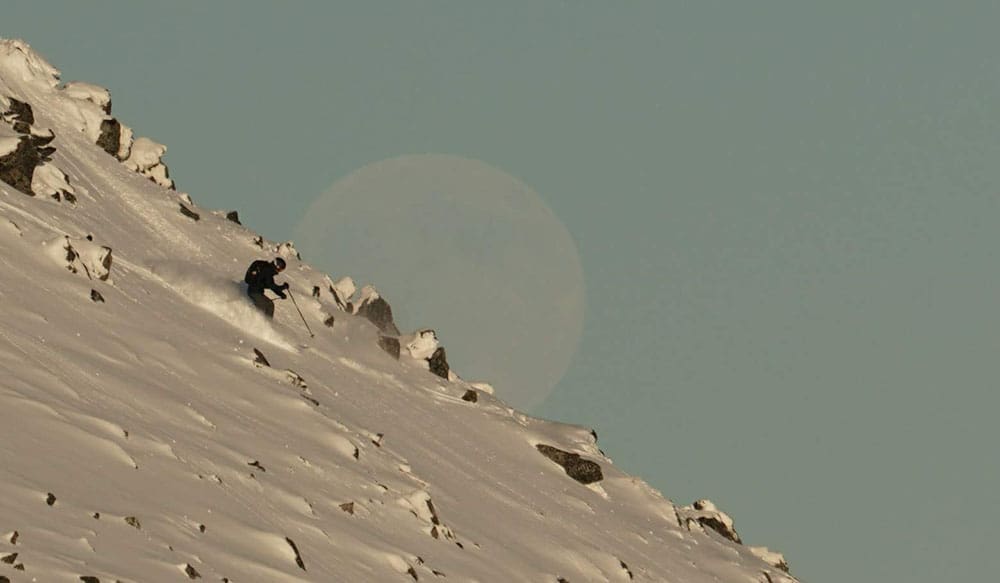
Final Thoughts
True freedom in the backcountry comes from aligning with nature’s time, not resisting it. If that spills over into your everyday life, even better.
So the next time you see an opportunity in nature, take it. You don’t know if you’ll get it back. Fortune favors the brave, but also the prepared. So be sure to get everything ready, and strike when the iron is hot. If you did that here in BC in February, you’d be laughing. Now, with freezing levels above the peaks in the sea to sky, people are wishing they did.
I hope you did.
